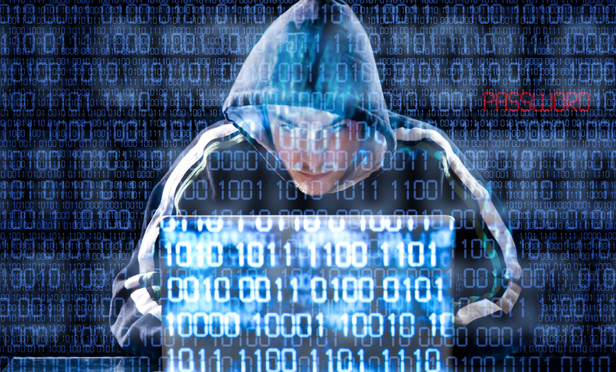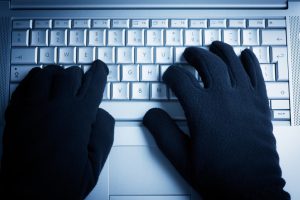
California To Investigate If xAI Broke The Law With Easily Accessible Porn Deepfakes Of Women And Minors
Remember when people wanted to pass a 10-year moratorium on any AI regulation?

Remember when people wanted to pass a 10-year moratorium on any AI regulation?

Deepfakes and evidence created or enhanced by AI are going to become increasingly prevalent. How can we successfully confront the problem?

Get five practical tips to spot cash flow red flags early, speed up payments, track spending in real time, and build stronger client trust through clear, transparent billing—download the ebook.

Can't judge a book without reading its contents.

In the past year, deepfakes have become the second most common cybersecurity incident.

Determining the admissibility of videos created using AI tools presents a challenge even for the most technology-adept judges, of which there are relatively few.

Founded in 2017, the Baltimore-based Law Office of Stephen L. Thomas Jr. unified case management, communication, and payments with 8am—saving 10–20 hours a week for clients, trials, and growth.

Better to get this done sooner rather than later.

Caught red-handed or caught red herring?

Tesla is refusing to produce Musk to answer about his recorded safety claims because, they contend, what if he didn't make them?

We make it too easy.

Our expert panel explores common sources of profit leakage along with practical steps for improvement.

In this political season it is easy to see how such deepfakes may be used.

Countering disinformation in a deepfake world.

Disinformation attacks create the perfect storm on a global level by traversing hemispheres and social classes in a matter of moments.

Whether we like it or not, deepfakes are here to stay, and will need to be handled in more solid ways than through the existing copyright framework or patchwork of state laws.

* How have personnel changes at the Supreme Court affected the dynamics at oral argument? Adam Feldman offers this analysis. [Empirical SCOTUS] * Ed Whelan expresses relief over the White House's new slate of Ninth Circuit nominations. [Bench Memos / National Review] * Can President Trump declare a "national emergency" in order to build his beloved wall? The National Emergencies Act is not a blank check, according to Brianne Gorod. [Take Care] * Should Congress pass a "deepfakes" law? Orin Kerr has some concerns. [Volokh Conspiracy / Reason] * What's going on with Rudy Giuliani? Joel Cohen has a theory. [The Hill] * Jean O'Grady is pleased to see all the competition in the legal analytics space (with Precedent Analytics from Thomson Reuters as the newest entrant) -- but she'd like to see more support for the competing claims of the different products. [Dewey B Strategic] * News organizations need stricter and better guidelines when interviewing mentally ill defendants, according to former public defender Stephen Cooper. [The Tennessean] * Have questions about the fast-approaching February bar exam? Ashley Heidemann has answers. [JD Advising]